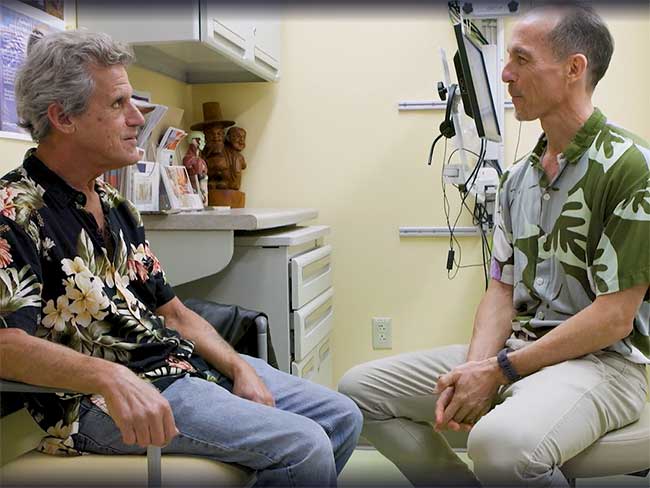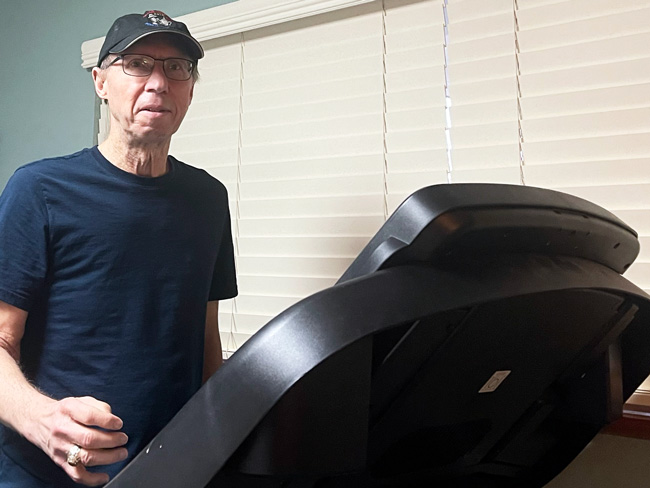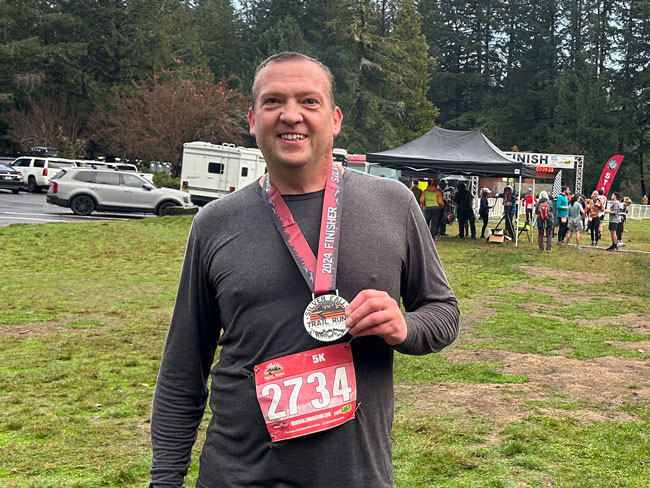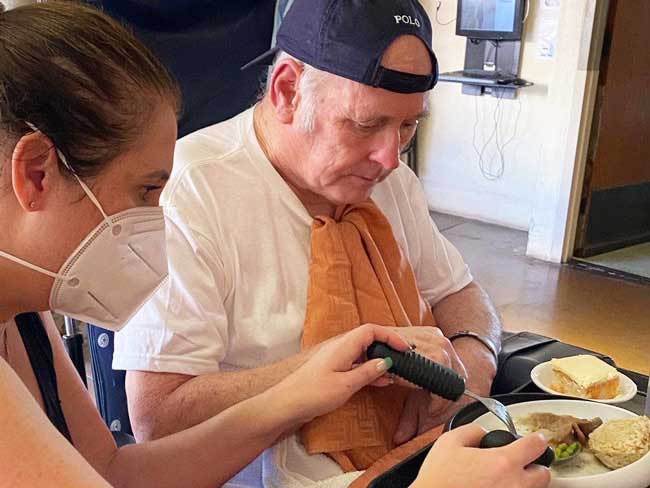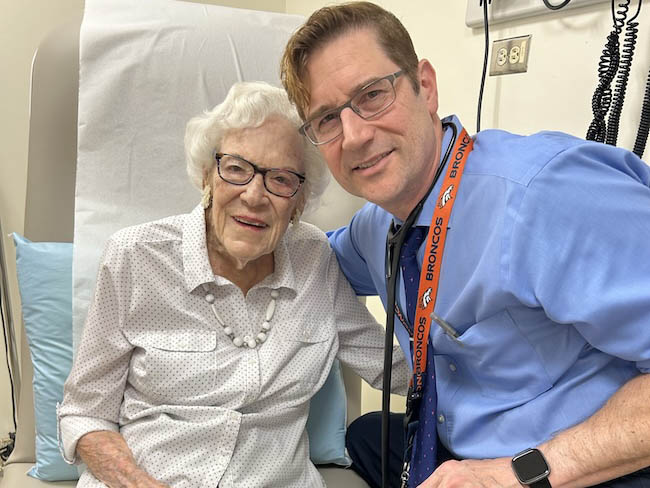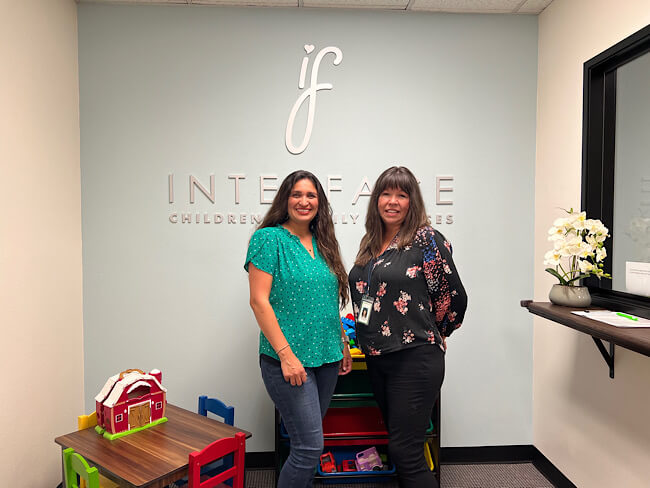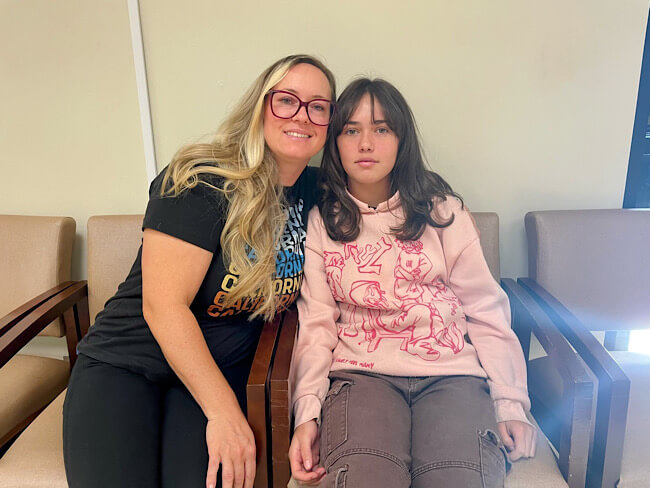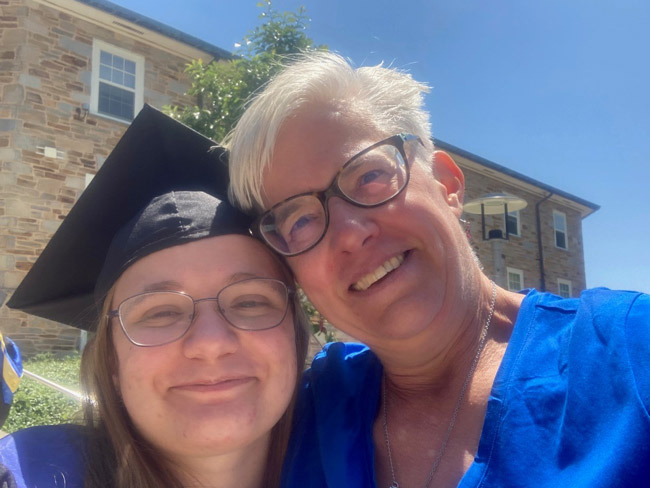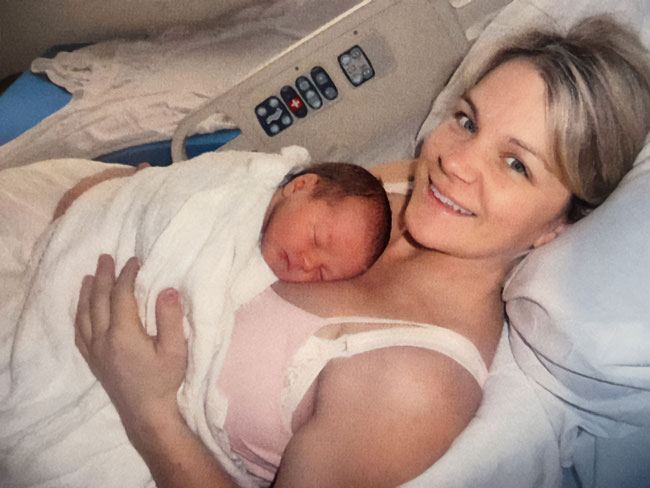What is therapy, anyway?
At Kaiser Permanente, our care is personalized for each patient's mental and physical needs.
Group therapy is just one option we offer to support our members’ mental health and wellness.
What comes to mind when you hear the word “therapy?” So many people immediately leap to the cliché image of a patient lying on a couch as a therapist asks personal questions about the patient’s life from birth to present. This type of treatment still exists — but it has advanced in many ways beyond this stereotype. In fact, innovations in technology and medicine have greatly impacted behavioral health care delivery. Today, behavioral health treatment takes many different forms.
At Kaiser Permanente, we know the best outcomes happen when you help people get treatment that meets their current needs. Our integrated care model allows us to support our members’ mental and physical care across a range of options — including individual, family, or group therapy, intensive behavioral health care support, and easily accessible technology-based treatments that fit a wide range of lifestyles and care needs.
When we have the opportunity to help someone improve their quality of life more effectively, we are going to use every tool in our toolbox to make that happen. Nicole Spivey, LMFT
Feedback informed care for individuals, families, and groups
Outpatient behavioral health care — such as individual, couples, family, and group therapy — is an essential part of our care continuum. Our behavioral health professionals use feedback informed care — a long-standing, evidence-based practice — to track and review patients’ progress and understand their responses to different clinical interventions using patient-reported information that is supported by a data-based outcome management system. When coupled with our behavioral health professionals’ broad range of skills and training, this ensures that our members have a voice in their own care, and that their care is approached in a collaborative manner with multidisciplinary treatment teams to create a uniquely tailored care plan.
Intensive outpatient services
When a member is struggling with serious behavioral health issues, our Behavioral Health Intensive Outpatient Services team can help ease symptoms and get them back on track.
For instance, our Intensive Outpatient Program includes 3 days per week of evidence-based clinical interventions designed to help patients feel better. For patients with more persistent mental health issues, our Intensive Case Management Program includes 3 to 5 days per week of care and services such as group therapy, case management, and medication support to help people return to their typical functioning. These programs can help reduce the need for hospitalization by stabilizing severe and persistent symptoms and helping members transition to a reduced treatment schedule.
We also offer an Individualized Alternative Treatment Plan. Under this plan, a case manager links patients to a unique array of services. Together, they agree upon a treatment plan, and the case manager has frequent follow-up with the patient to ensure consistent care and their active participation in treatment.
Partial and inpatient hospitalization
The most intensive levels of care include a partial hospitalization program — where patients attend daily programs to receive treatment while continuing to live in their own homes. There is also inpatient treatment that provides patients with comprehensive support in a safe environment where a treatment team can determine a plan to support the member’s stabilization.
Medication support
Whether a patient requires intermediate care or advanced intervention, Kaiser Permanente’s child and adult psychiatrists are able to recommend a broad range of effective medications to support their patients’ treatment.
Medication can be instrumental in allowing members who need it to focus on and practice therapeutic techniques. Because of our integrated system, our psychiatrists can ensure that each member receives medication that works best for them, addressing all aspects of their well-being and streamlining their care.
Wellness apps and online classes
Some people don’t require specialty psychiatry care but are still interested in prevention and early intervention services.
For these people, wellness apps can help them practice guided self-care. This includes meditation, breath work, brief cognitive behavioral therapy support, and wellness coaching.
As part of our mission to improve the health of the communities we serve, Kaiser Permanente provides free live and on-demand virtual classes to both members and nonmembers. These courses cover topics such as managing conflict in relationships, reducing anxiety, grief and loss, and anger management.
Getting better and back to life
Behavioral health care has evolved significantly, and today, there are so many different care options that meet our members where they are and allow them to have a choice in their treatment. These choices can create better outcomes and foster a level of independence in our patients by providing the tools they need to tackle potential life disruptions in the future. And when we have the opportunity to help someone improve their quality of life more effectively, we are going to use every tool in our toolbox to make that happen. Our goal is to provide high-quality, affordable, and accessible behavioral health care when and where our members need it.
Looking ahead, we will continue to enhance our behavioral health programs, offering personalized care and support at all levels. By using our integrated care model, we aim to set a national standard for mental and physical health care, ensuring timely and appropriate support for everyone.









